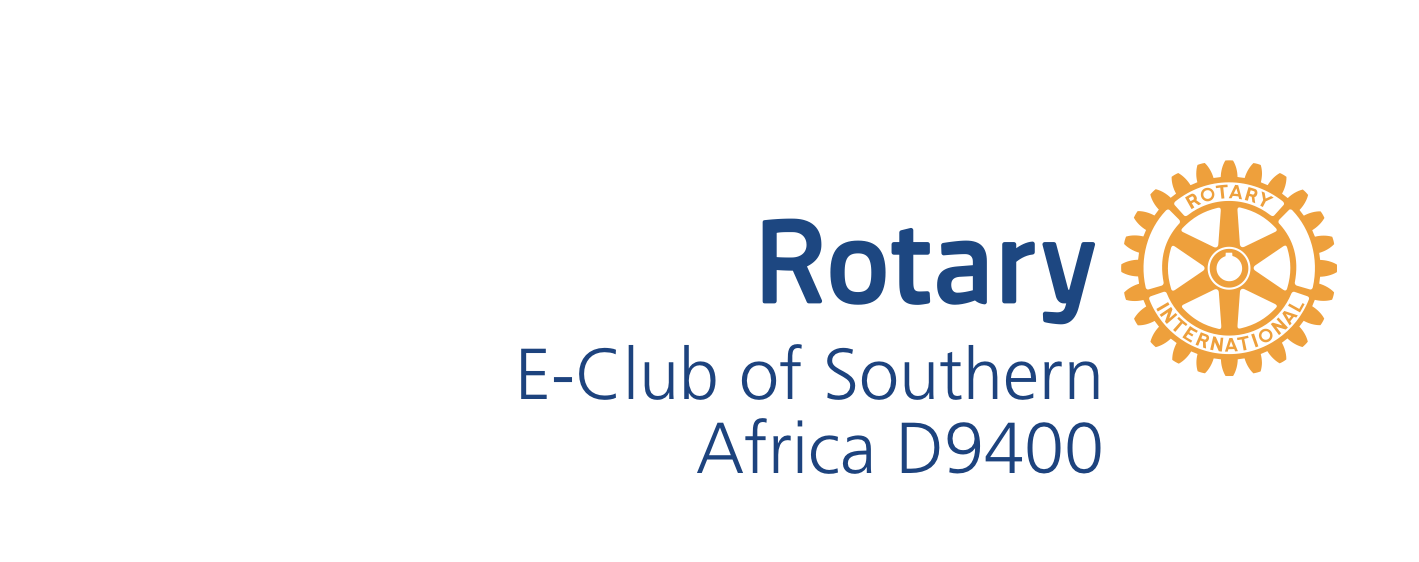Introduction

MELUSI HOLISTIC HEALTH HUB
Melusi Phela Hantle (“to live a good life in Melusi” in Sotho)
Health Care | Affordable/Healthy Nutrition | Holistic Education
INTRO
The Rotary E-Club of Southern Africa D9400 has partnered with The University of Pretoria: Department of Family Health, to uplift and empower the community of Melusi (or Gomora - as it is locally known). We aim to do this through the establishment of a Holistic Health Hub – with a strong focus on Maternal and Child Health. As Melusi is an informal settlement, no permanent structures will be built. We will utilise pods which can be moved if necessary.
WHY MELUSI?
The resources in Melusi are scarce. The residents do not have access to electricity or sanitation services. In addition, housing, health and general living standards are inadequate. The community health workers and community leaders have been involved from our first meeting, and they will be able to give the on-site support that is essential to the success of a community project such as this one. We already have a presence in Melusi: primary care services have just begun in a medical container which was donated to start the hub and Melusi was one of our Club’s sites for Rotary Family Health Days 2019.
THE PROJECT
After consultation with community health workers and local community leaders, the following 3 needs were identified as priorities to improve maternal and child health: basic health care, adequate nutrition, and training of mothers and caregivers. We need to do more than provide the community with supplies and equipment. This project aims to support the development of mothers, children and care-givers so they are able to build on physical wellbeing, as well as emotional strength/psychological well-being. We are also looking to improve nutritional education and cognitive development of mother and children so as to encourage critical thinking, self-care and early learning. This multi-faceted education will be achieved through a series of training sessions.
MOVING FORWARD
This project will establish an ablution block, a demo kitchen and a training pod, on the same site as the clinic container. This will not only strengthen the services currently being offered, but will also support holistic care to address the health, nutritional and educational needs of the mothers and children in Melusi.
The Ablution Block is essential as there is no formal sanitation on site.
The Kitchen Unit will function as a training/demo kitchen. We will use it to inform and support by:
- Introducing appropriate weaning foods for infants
- Supplementing their existing diet within their budget
- Educating on appropriate portion control
- Explaining the use of herbs and macro-nutrients as part of cooking
- Encouraging increased vegetable intake and lower GI food
- Giving training on sourcing and preparing meals with economical protein sources
For the vegetable garden, the aim is to source start-up seeds and assist in setting up the garden. Grey water usage and crop selection training will also be provided. Community teams will be responsible for planting, harvesting, cleaning and weeding. We’d like to take advantage of South Africa’s suitable weather as well as the potential community engagement in the execution of the garden facility. Community vegetable gardens are often the only source of fresh vegetables for the residents of informal settlements.
Community members will also be encouraged to start their own gardens. Motivated adults can work in the kitchen and gardens, assisting the clinical dietetic team and learning to generate an income by selling food to the community.
This Kitchen Pod and vegetable garden will help in the fight against malnutrition, growth retardation and stunting in the children of Melusi, and it will complement the project’s final proposed service: the Training Pod.
The Training Pod is an essential element of the plan to achieve improved holistic health in Melusi. ECD (Early Childhood Development) is fundamental in maximizing a person’s future well-being, aiding in establishing and enhancing emotional wellbeing, social skills, morality, language, cognitive abilities and physical abilities. The goal is to upskill educators from selected learning centers by sending them on a training course and assisting with curriculum as well as offering practical support and advice regarding the running of the school. This process will begin with a qualified project manager visiting the schools, assessing the learners, deciding what educational equipment is needed, and assisting the schools with procurement of items. A programme is being developed which emphasizes developmentally appropriate teaching. There will be opportunity for educators to attend classes in the training pod, discussing various subjects (admin, first aid etc.) which will advance themselves and the school. The training pod will also offer adult skills development for mothers and caregivers, and learning days for the children (technology topics etc.). The clinic staff will be given the opportunity to hold training sessions in ante-natal care, etc.
There are many professional people giving of their time and expertise. In addition, the community leaders have committed to involvement and ownership of the project. We are confident that the project will address the urgent needs of the community, and that the activities in each pod will complement each another and enhance the benefits.